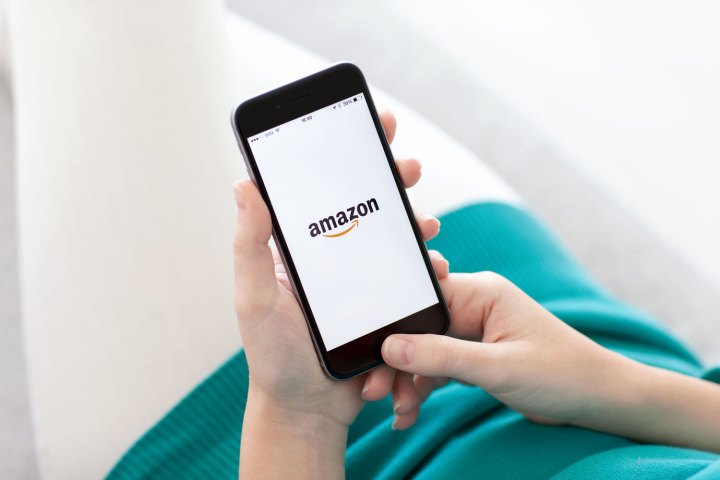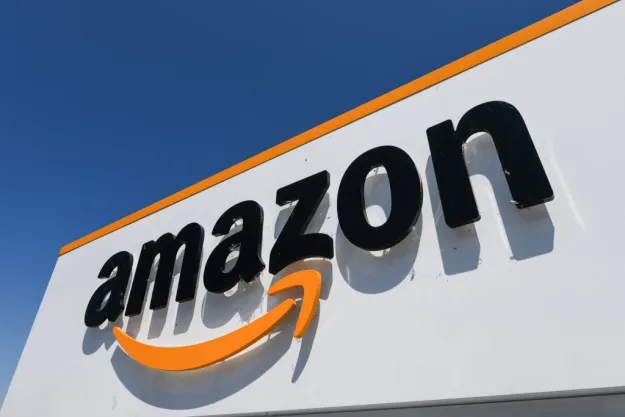
All reasonably priced, and evoking the same aesthetic as some other large men’s and women’s retailers (think H&M or Uniqlo), Amazon’s brands seem to have been designed in order to integrate well with more established labels that have long been sold on the retail site.
“Amazon will use private label selectively, which should both enhance the offering and induce traditional apparel vendors to sell to Amazon,” Yruma wrote in his research about the new offerings. “Apparel is a large category that remains highly fragmented. We think the low barriers to entry, size, and significant competitive set make this an attractive category for Amazon. While apparel is one of Amazon’s fastest-growing categories, more work must be done for the business to scale.”
The company has also been on a hiring spree, particularly in the realm of fashion. Some recently posted jobs claim to be “looking for a dynamic senior brand manager to drive the DNA and face of a new brand,” and even some engineering positions look to be more fashion-focused. One JD reads, “When you think of buying new clothing, shoes, watches and jewelry, do you think of Amazon? Not yet? Well, we are going to change that.”
Yruma, for his part, seems relatively confident that Amazon will succeed as it continues to branch out in its retail selection. “We expect the challenges the company has faced in courting the fashion community to remain, but we think Amazon will continue to evolve its strategy,” he writes. “We believe greater brand cooperation with third-party seller restrictions and an owned brand approach (development of niche brands and private label) will be necessary to penetrate the apparel market in a more meaningful way.”
Editors' Recommendations
- Watch out — fake RTX 4090s are being sold on Amazon
- Amazon’s new Your Books hub will nudge you to buy more books
- Amazon’s new humanoid robot will not take human jobs, company insists
- Amazon is hiring a quarter of a million extra workers for the holiday season
- Amazon tweaks in-garage delivery option, so now you might have to pay


